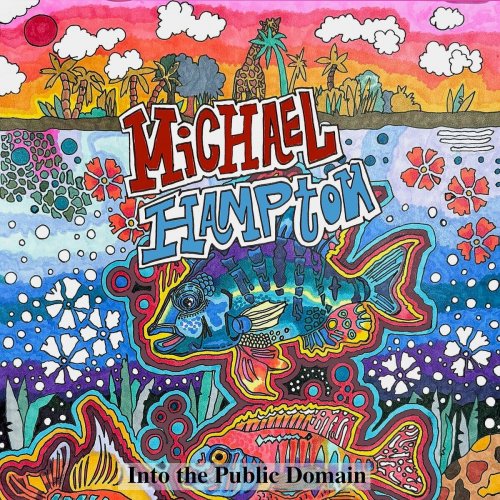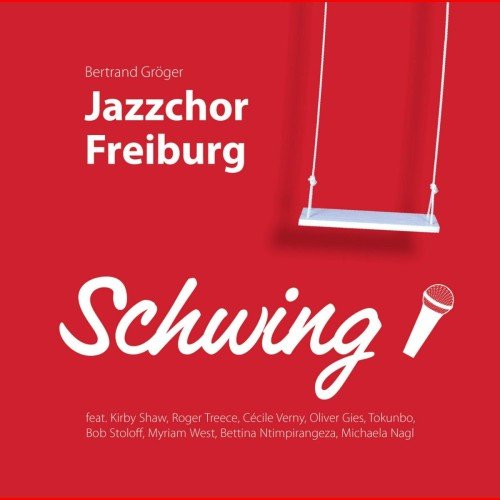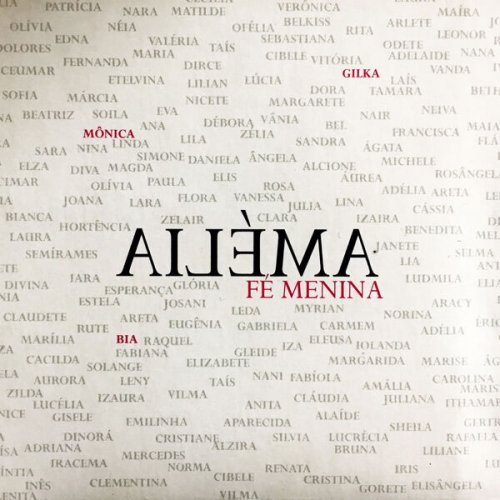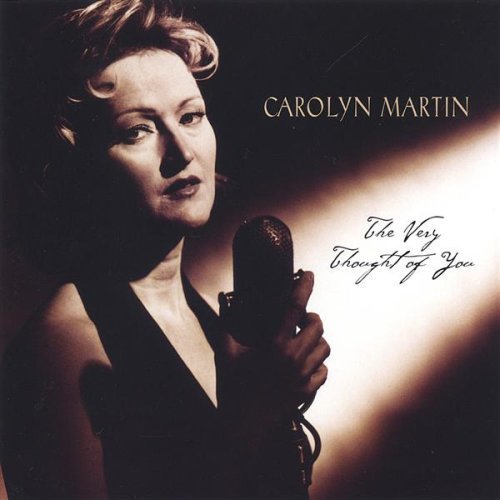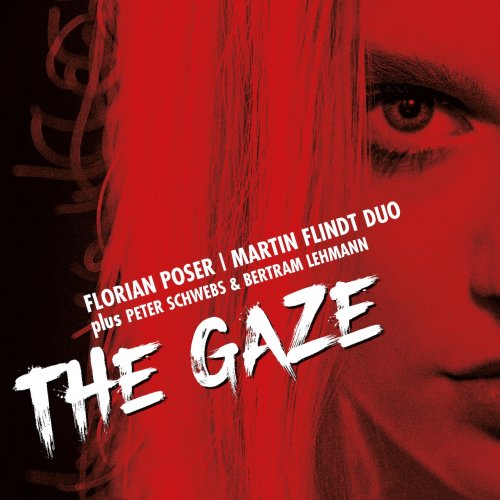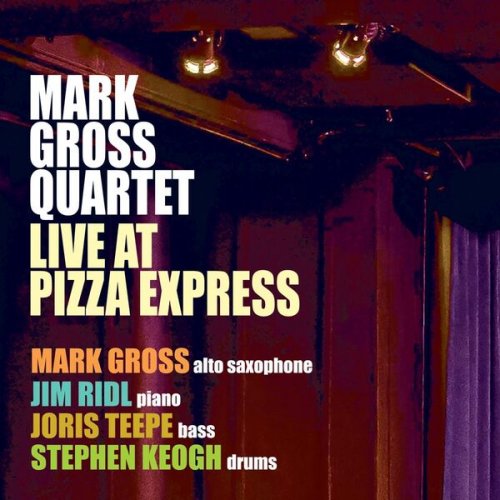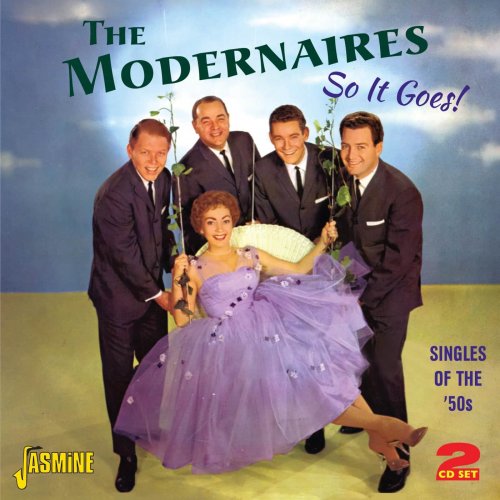Wreckless Eric - Greatest Stiffs (2001)
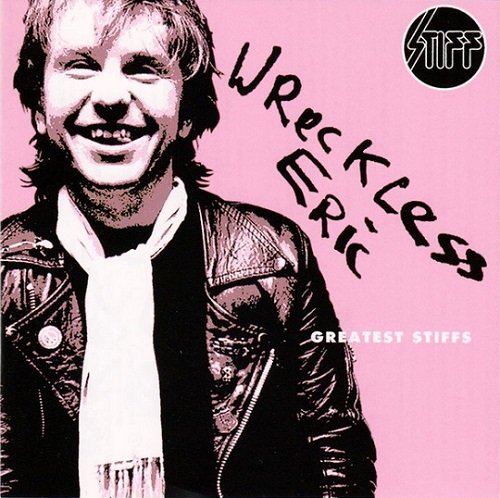
Artist: Wreckless Eric
Title: Greatest Stiffs
Year Of Release: 2001
Label: Metro
Genre: Pub Rock, New Wave, Post Punk
Quality: Flac (tracks, .cue, log)
Total Time: 01:07:29
Total Size: 418 Mb (scans)
WebSite: Album Preview
Title: Greatest Stiffs
Year Of Release: 2001
Label: Metro
Genre: Pub Rock, New Wave, Post Punk
Quality: Flac (tracks, .cue, log)
Total Time: 01:07:29
Total Size: 418 Mb (scans)
WebSite: Album Preview
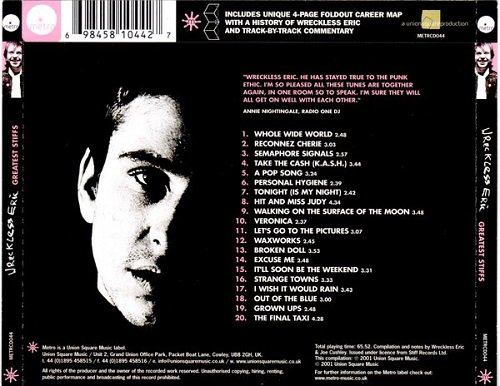
Tracklist:
01. Whole Wide World (02:54)
02. Reconnez Cherie (03:09)
03. Semaphore Signals (02:56)
04. Take the Cash (K.A.S.H.) (03:36)
05. A Pop Song (03:26)
06. Personal Hygiene (02:44)
07. Tonight (Is My Night) (02:44)
08. Hit and Miss Judy (04:36)
09. Walking on the Surface of the Moon (03:52)
10. Veronica (02:39)
11. Let's Go to the Pictures (03:09)
12. Waxworks (02:47)
13. Broken Doll (03:54)
14. Excuse Me (02:49)
15. It'll Soon Be the Weekend (03:31)
16. Strange Towns (03:34)
17. I Wish It Would Rain (03:45)
18. Out of the Blue (03:04)
19. Grown Ups (02:53)
20. The Final Taxi (04:31)
Wreckless Eric gained notoriety as part of Stiff Records' highly eccentric roster of punk and new wave artists during the late '70s. With his whiny, slurred cockney voice, Eric couldn't always carry a tune, but that didn't prevent him from being an enjoyable, rough-hewn rock & roller with a clever streak. With his early Stiff singles "Whole Wide World," "Semaphore Signals," and "Take the Cash (K.A.S.H.)," Eric bashed out a series of ragged, chaotic, three-chord punk-pop singles driven by his pent-up energy and a knack for melodic pop hooks. Wreckless Eric never had a big pop hit, but his engaging sense of humor and fondness for simple rock & roll helped make him a cult figure who continued to have a following into the '90s and beyond.
Born Eric Goulden in Newhaven, Sussex, England, Wreckless Eric became interested in music through the pub rock scene of the mid-'70s. Once punk emerged in the late '70s, he became attracted to its amateurish sense of freedom, and his music soon reflected his fascination with the music. Stiff Records signed him in 1977 and had Nick Lowe produce Eric's debut single, "Whole Wide World"/"Semaphore Singles." In addition to producing the record, Lowe played most of the instruments on the single. "Whole Wide World" received positive reviews and became a moderate hit in the punk underground, but what made Wreckless Eric infamous were his performances on the Live Stiffs package tours. On both of the Live Stiff tours, Eric earned headlines in the U.K. press for his ridiculous drunken antics, which occurred as frequently on-stage as they did behind the scenes. His 1978 eponymous debut had the same boozy sense of charm, but his second album, The Wonderful World of Wreckless Eric (1979), demonstrated a previously unknown musical versatility. However, the album didn't receive much attention after its release, primarily because Stiff was concentrating its efforts on Ian Dury and Madness, as well as a variety of half-baked marketing schemes. Wreckless Eric fashioned his third album, Big Smash, as a commercial breakthrough, but the record was poorly received and neglected by Stiff, prompting him to quit the music industry in the early '80s.
After spending several years in retirement, Wreckless Eric returned to music in 1985 with Captains of Industry, a group he formed with several former members of Ian Dury's Blockheads. The group released a record called A Roomful of Monkeys on Go! Discs before disbanding. The following year, Eric formed the Len Bright Combo with bassist Russ Wilkins and drummer Bruce Brand, who had both played with Thee Milkshakes. The Len Bright Combo released two albums in 1986 before disbanding. Shortly after the group's breakup, Eric moved to France, where he released Le Beat Group Electrique in 1989. By the early '80s, Wreckless Eric had developed a more subdued pop direction that was often compared to that of Jonathan Richman. Throughout the '90s and into the new millennium, he released records and performed in France, occasionally venturing to England and other parts of Europe; he also published an autobiography, A Dysfunctional Success: The Wreckless Eric Manual. By 2008 he had formed a duo with singer/songwriter Amy Rigby (who also became his wife) and returned to Stiff Records, which released the Wreckless Eric & Amy Rigby CD in September of that year. Amy and Eric recorded and released a set of covers, Two-Way Family Favorites, in 2010, and followed with a new set of originals, A Working Museum, in 2012. In 2013, Fire Records reissued the two Len Bright Combo albums, and the trio staged a one-night-only reunion show in London; Fire also returned Le Beat Group Electrique to print in 2014. By 2015, Eric and Rigby had left France and relocated to New York State. Once settled in their new home, Eric cut his first solo album since 2004, which was also his first album recorded in the United States; the set, suitably enough, was titled America (or to use his preferred spelling, amERICa).
Born Eric Goulden in Newhaven, Sussex, England, Wreckless Eric became interested in music through the pub rock scene of the mid-'70s. Once punk emerged in the late '70s, he became attracted to its amateurish sense of freedom, and his music soon reflected his fascination with the music. Stiff Records signed him in 1977 and had Nick Lowe produce Eric's debut single, "Whole Wide World"/"Semaphore Singles." In addition to producing the record, Lowe played most of the instruments on the single. "Whole Wide World" received positive reviews and became a moderate hit in the punk underground, but what made Wreckless Eric infamous were his performances on the Live Stiffs package tours. On both of the Live Stiff tours, Eric earned headlines in the U.K. press for his ridiculous drunken antics, which occurred as frequently on-stage as they did behind the scenes. His 1978 eponymous debut had the same boozy sense of charm, but his second album, The Wonderful World of Wreckless Eric (1979), demonstrated a previously unknown musical versatility. However, the album didn't receive much attention after its release, primarily because Stiff was concentrating its efforts on Ian Dury and Madness, as well as a variety of half-baked marketing schemes. Wreckless Eric fashioned his third album, Big Smash, as a commercial breakthrough, but the record was poorly received and neglected by Stiff, prompting him to quit the music industry in the early '80s.
After spending several years in retirement, Wreckless Eric returned to music in 1985 with Captains of Industry, a group he formed with several former members of Ian Dury's Blockheads. The group released a record called A Roomful of Monkeys on Go! Discs before disbanding. The following year, Eric formed the Len Bright Combo with bassist Russ Wilkins and drummer Bruce Brand, who had both played with Thee Milkshakes. The Len Bright Combo released two albums in 1986 before disbanding. Shortly after the group's breakup, Eric moved to France, where he released Le Beat Group Electrique in 1989. By the early '80s, Wreckless Eric had developed a more subdued pop direction that was often compared to that of Jonathan Richman. Throughout the '90s and into the new millennium, he released records and performed in France, occasionally venturing to England and other parts of Europe; he also published an autobiography, A Dysfunctional Success: The Wreckless Eric Manual. By 2008 he had formed a duo with singer/songwriter Amy Rigby (who also became his wife) and returned to Stiff Records, which released the Wreckless Eric & Amy Rigby CD in September of that year. Amy and Eric recorded and released a set of covers, Two-Way Family Favorites, in 2010, and followed with a new set of originals, A Working Museum, in 2012. In 2013, Fire Records reissued the two Len Bright Combo albums, and the trio staged a one-night-only reunion show in London; Fire also returned Le Beat Group Electrique to print in 2014. By 2015, Eric and Rigby had left France and relocated to New York State. Once settled in their new home, Eric cut his first solo album since 2004, which was also his first album recorded in the United States; the set, suitably enough, was titled America (or to use his preferred spelling, amERICa).
